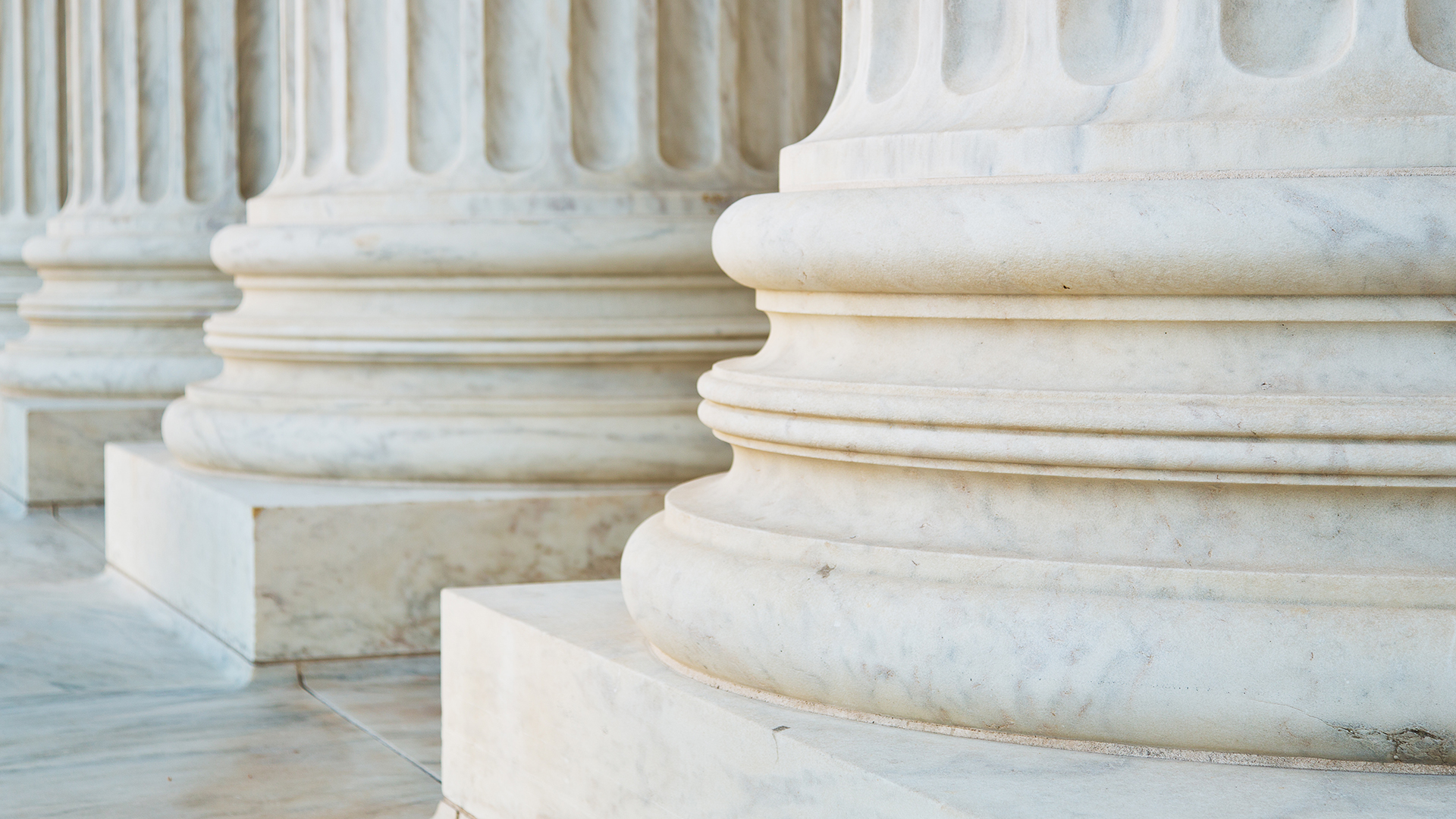On Wednesday, August 9, 2023, President Biden issued an Executive Order directing the Department of Treasury to issue regulations that will restrict outbound investment in key technology sectors by US persons to China. Namely, the sectors targeted by these new restrictions will include the semiconductor and microelectronics, quantum information technologies and artificial intelligence sectors.
The stated aim of the recent Executive Order is to bolster US national security and to curtail investment in sectors of China's economy that have the potential to significantly advance China's military, intelligence, surveillance or cyber-enabled capabilities.
Practically, the Order will result in regulation that limits, and in some instances prohibits, US companies from investing in some of China's key tech sectors.
The Executive Order does not, itself, establish exactly what these restrictions will look like. Rather, the Order calls for Treasury, in consultation with the Department of Commerce and other executive agencies, to issue regulations that will restrict what are determined to be sensitive and national security-related investment transactions. The Order does specify, however, that some investments will be considered notifiable transactions, requiring notification to the Treasury Department, and other transactions, determined to pose a "particularly acute national security threat," will be banned as prohibited transactions.
Per the terms of the Order, forthcoming regulations will restrict outbound investment relating to covered national security technologies. While the Order calls on Treasury and Commerce to define the full scope of that term, Biden's order identifies key technologies including semiconductors and microelectronics, quantum information technologies and artificial intelligence as covered national security technologies that are considered critical to China's military, intelligence, surveillance and cyber-enabled capabilities.
This Executive Order comes after months of anticipation and a recent, strong bipartisan push from Congress for the Biden Administration to curtail US investment in China's tech sectors. The Executive Order also comes at a challenging moment in US-China relations, and while restrictions such as export controls and limitations on Chinese investment in the United States have become well-known regulatory tools, restricting US investment in China represents a new approach by the Biden Administration to address the US' mounting national security concerns.
From a private sector perspective, these new regulations will create a new landscape of concerns and requirements to navigate when considering investment in China. With that in mind, companies operating and investing in China's key tech sectors should be aware that these restrictions are forthcoming.
The Department of Treasury is tasked with issuing new regulations which will then be subject to the standard notice and comment period. Our team will publish additional updates on the upcoming regulations as appropriate.




